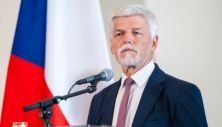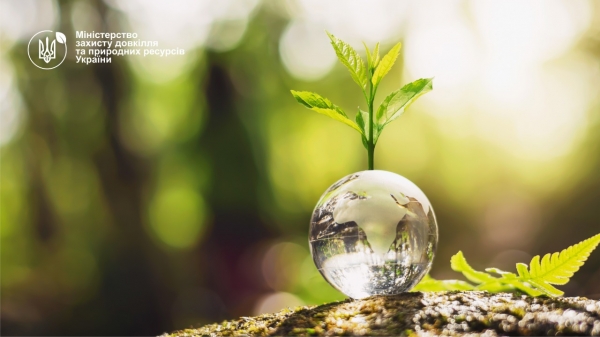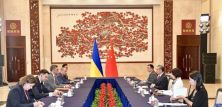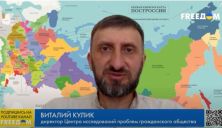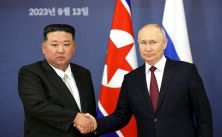For Ukraine, the development of bioenergy is one of the strategic areas of work in the agricultural sector. This was stated by Vitalii Holovnia, Deputy Minister of Agrarian Policy and Food of Ukraine, during the general meeting of the Bioenergy Association of Ukraine (UABIO).
The online meeting was also attended by MP Andrii Zhupanin, Chairman of the State Agency on Energy Efficiency and Energy Saving Valerii Bezus, representatives of the Ministry of Energy of Ukraine and the UABIO.
“Ukraine has a high potential of raw materials for bioenergy, 80-90% of which can be provided by farmers. We stand ready to join UABIO’s initiatives, as they contribute to the development of the agricultural sector, in particular, help in processing, reducing the burden on logistics, as well as creating added value,” said Vitalii Holovnia, Deputy Minister of Agrarian Policy and Food.
Georgii Geletukha, Chairman of the Board of the Bioenergy Association of Ukraine, made a presentation “Development of bioenergy in the EU. Barriers to the development of bioenergy in Ukraine”, which led to a fruitful discussion.
“The EU is making a serious bet on bioenergy, as confirmed by official analytics. The share of bioenergy among all renewable energy sources in Europe is 58%. In Ukraine, according to the latest energy balance, it is 78%,” he said.
Valerii Bezus, Head of the State Agency on Energy Efficiency and Energy Saving, emphasized that despite the war, Ukraine had launched the established biomethane register.
“We continue to work on it to create a high-level IT solution. I am confident that by 2023 we will have a high-end modern IT solution for the biomethane registry, which will be convenient for all stakeholders, all producers, potential buyers, users, and transferors of guarantees. At the same time, we will negotiate with European platforms to recognize these guarantees and synchronize the register with the possibilities of exporting guarantees of origin,” he emphasized.
In addition, the Head of the State Agency on Energy Efficiency and Energy Saving noted that the Agency was actively working in the solid biofuels segment and was advocating a draft law on a zero rate for CO2 emissions.
A draft law has also been developed to amend Article 20 of the law on heat supply to regulate the norm of linking to weighted average tariffs. This will allow heat producers using alternative fuels to choose economically justified tariffs.
